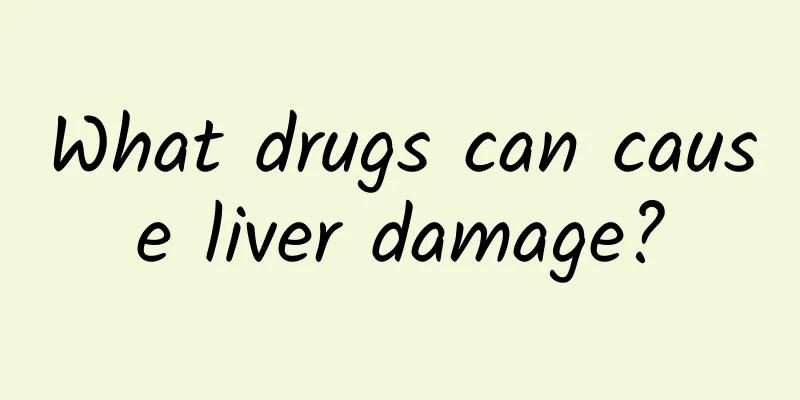How does Chinese medicine take the pulse?

|
Traditional Chinese medicine has made enormous contributions to the history of world medicine. Traditional Chinese medicine focuses on health preservation and conditioning. In traditional Chinese medicine, taking the pulse is an important part of medical treatment. There are four elements in Chinese medicine pulse diagnosis: observation, auscultation, questioning and palpation. Nowadays, with the development of Western medicine, many friends generally choose to see Western doctors when they are sick, and they know less and less about traditional Chinese medicine. Some friends also have many questions about how traditional Chinese medicine doctors take pulses. In traditional Chinese medicine, taking the pulse is an art. The four skills of observation, auscultation, inquiry and palpation are very profound. Taking the pulse is composed of the location (deep, shallow), rate (fast, slow), intensity (strong, weak), rhythm (regular or not, whether there are pauses) and shape of the arterial pulsation. Pulse is an important basis for Chinese medicine diagnosis and treatment. It has important clinical significance in distinguishing the cause of the disease, inferring the changes of the disease, identifying the true or false of the disease, and judging the prognosis of the disease. Since the pulse is the home of blood and runs through the whole body, any pathology of the internal organs is often reflected in the pulse. Sometimes the pulse has changed before the symptoms are fully manifested. The "Cunkou diagnosis method" is mainly used clinically, which is to cut the posterior wrist part of the patient's radial artery. The "comprehensive diagnosis method" and the "three-part diagnosis method" were recorded in the "Inner Canon of Medicine". They are rarely used in modern clinical practice, so they will not be introduced here. There are two theoretical bases for taking the pulse at the Cunkou point alone: one is that the lungs are connected to all the meridians, and the pulse will meet at Taiyuan point. That is, all the meridians of the human body converge in the lungs, and Cunkou is the course of the hand Taiyin lung meridian. The Taiyuan point above it is where the meridians meet, so there is a saying that "the meridians meet at Taiyuan". Second, the spleen and stomach are the source of qi and blood for all internal organs. The prosperity and decline of qi and blood in each internal organ is closely related to the strength of the spleen and stomach functions, and the hand Taiyin lung meridian also originates from the condition of the middle burner spleen function. Therefore, the strength or weakness of qi and blood in the organs and meridians throughout the body can be reflected in the Cunkou pulse. I believe many friends have understood how Chinese medicine practitioners take pulses after reading the above content. The key to taking a pulse is to feel the beating of the pulse and judge the condition based on the changes in the pulse. Although Chinese medicine is not as developed as Western medicine today, its culture has a long history and is profound and extensive, and we need to carry it forward. |
<<: What can Chinese medicine tell from taking the pulse?
>>: Can women breastfeed after taking Chinese medicine after giving birth?
Recommend
How many hours does it take to boil Chinese medicine?
I went to the hospital for menstrual irregulariti...
What foods should you avoid if you are allergic? You must stay away from these
The change of seasons is the peak period for skin...
Can inflammation on the liver surface be detected through ultrasound?
Liver health is very important. A little careless...
The side effects of distraction wood are huge
The side effects of the herb are generally not ve...
Does excessive sweating indicate kidney deficiency?
Sweating is something that everyone experiences, ...
Can I still have a child after having 3 abortions?
If the surgery is performed in a regular hospital...
What are the methods of TCM to treat nephritis?
I believe many people are very familiar with neph...
What disease could a lump in the neck be a sign of?
The neck is a relatively vulnerable part of the h...
What should I pay attention to when I have heart valve stenosis?
Heart valve stenosis refers to the symptoms of mi...
What causes ileocecal lymph node enlargement?
Swollen ileocecal lymph nodes are generally mesen...
Cold chest after moxibustion on abdomen
Moxibustion is actually the most common treatment...
What acupuncture points should be applied for cough
The methods of treating cough in traditional Chin...
Medicine to nourish the kidney without getting angry
Now that people's living standards have impro...
Blepharoplasty
Eyes are an important part of our body. Having a p...
Can applying a facial mask in spring improve your skin?
The weather in spring is particularly dry, which ...









